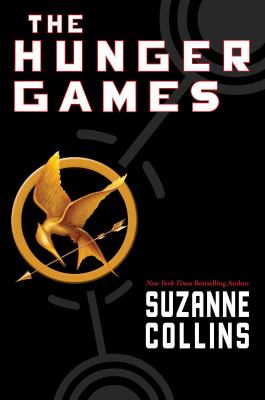Will 'The Hunger Games' remain popular after Sandy Hook?

Having read a synopsis and perused a few pages of Suzanne Collin's bestseller The Hunger Games, this blogger must confess that it did not call out to him because he found the whole plot to be, in a word, depressing. Even the dystopian world of Ray Bradbury's Fahrenheit 451 has a beacon of hope in the form the Book People who who hold high the flag of good literature in a world dominated by cultural bankruptcy and fascist censorship that burns books.
In Collin's dystopian post-apocalyptic world, youths kill youths ... on national television? Pander made-up stories of love in order to gain sympathy of viewers as well as gifts of food and other necessities? Youths who, in the end, are not free of the iron grip they are in? Sorry, I can't say that kind of story calls out to me. At least Bradbury's dystopian world is devastated by a nuclear war, leaving the Book People free to preach their message. I know the books were inspired by Greek mythology and Roman gladiators, but still the story the book weaves just isn't my style.
Nevertheless, many people have been reading it. Legions of them, judging its presence on USA Today’s for a whopping 135 weeks by March of 2012 and still remains on it at number 51. Nor did most critics condemn the book with faint praise but lavished it loudly instead as the "Critical Reception" section of the book's Wiki page demonstrates.
All this, however, was before the mass murder of kindergarteners at Sandy Hook Elementary by a 20 year-old gunman.
Despite how well-written Collins’ trilogy is, and despite the fact that the kids who fight each other are not kindergarteners, kids are still kids, and after Sandy Hook Elementary, is there still a market for a genre about kids killing kids? To be sure it takes place in in a world far more twisted than even the one Bradbury’s protagonist Guy Montag lived in, and occurs in gladiatorial-style combat, but –again- kids are kids, so should we as a society not avoid such literature? It is a tough question whose answer is elusive.
Article image courtesy Hennepin County Library.
5 comments